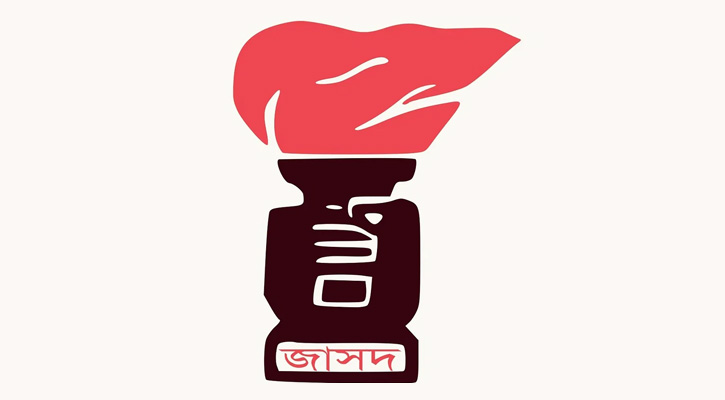
DHAKA, Dec 30, 2023 (BSS) - Jatiya Samajtantrik Dal (JASAD) today declared its election manifesto pledging to fight in parliament and on streets to eliminate syndicates of looters and corrupt people that control state, politics and economy.
JASAD general secretary Shirin Akhter disclosed the party's election manifesto for the 12th Jatiya Sangsad (JS) election at the party office in the capital's Bangabandhu Avenue.
Party's vice presidents-- Fazlur Rahman Babul and valiant freedom fighter Shafi Uddin Molla, joint general secretaries Nader Chowdhury, Prof Mokhleshur Rahman Muktadir and Roknuzzaman Rokon and labor leader Saifuzzaman Badsha and organizing secretary Nurunnabi were present.
JASAD also pledged to ensure good governance and rule of law, end discrimination-deprivation and root out anti-liberation forces to continue the current spree of development with Liberation War spirit.
A total of 66 candidates of the party are contesting the next general elections. Of them, 63 candidates are contesting with party symbol "Mashal" (torch) and three candidates are contesting with "Boat" symbol as candidate of the 14 party alliance.
Apart from the 66 constituencies, the party has supported all candidates of the 14 party alliance in the remaining 233 constituencies.
In its election manifesto, the party said it has become essential to review the country's existing constitution to give a shape to the much-needed national renaissance in the 4th industrial revolution (4IR) and socio-cultural, political and economic context.
The party proposed reviewing the constitution on an urgent basis taking into consideration the ideological issues to remove the inconsistencies and confusions of the existing constitution.
JASAD stressed on ensuring universal food security, universal health security, universal education, universal social security and universal internet accessibility as essential fundamental rights of citizens; decentralization and establishment of people's self-governance led by elected representatives at various levels.
It also proposed introducing a bicameral legislature with Upper House and electing people's representatives under a numerical proportional system in Lower House.